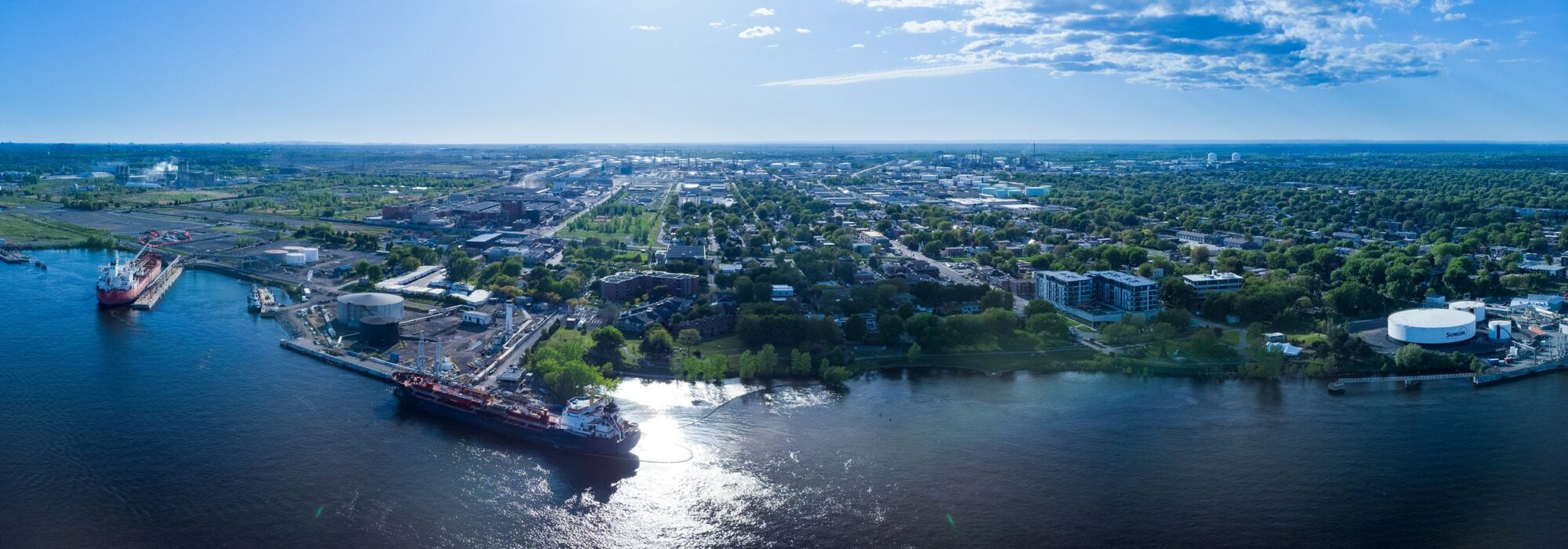
20 november 2025

The Chambre de commerce de l’Est de Montréal (CCEM) retained the services of Aviseo Consulting for assistance in developing its portrait of and outlook for the labour market for the ecosystem in eastern Montréal. The main issue faced by eastern Montréal is labour shortages, which are exacerbated by urban mobility issues, mismatches between skills and needs, and barriers to the recruitment of immigrants. By improving mobility, eastern Montreal could improve attraction and retention of workers, academics, and young families and improve quality of life through urban development.
Key figures
Please note this publication is only issued in French.